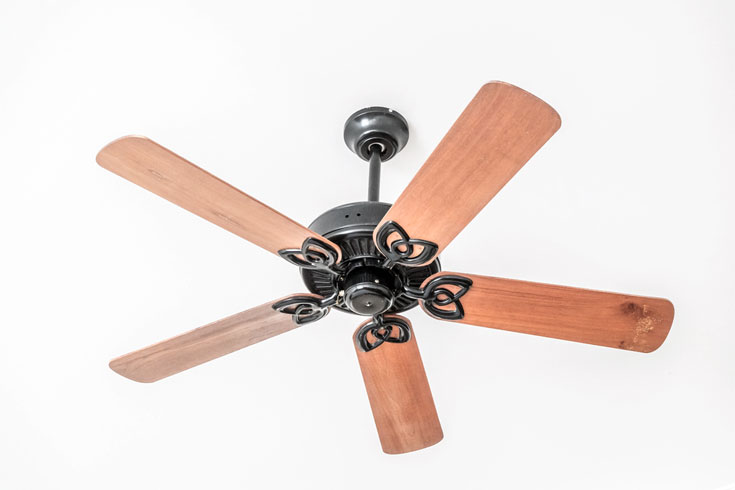Stock Up and Be Prepared
Start with keeping a backup stock of food in case you are stuck inside due to snow or ice. It also makes sense to check your first aid kit to see if anything needs to be replenished, or buy one if you do not already have one. Keep extra stock of prescription medications, just in case you are unable to get a refill when running low. Make sure you have a means of opening cans in the event that power is lost. Keep firewood on hand, or another means of keeping warm. Keep emergency numbers handy, and keep your cell phones and any supplemental power banks for them charged. Stock up on batteries, test your flashlights, check your fire extinguisher(s), and keep several gallons of potable water on hand. In the event that you need these resources, your future self will thank you later. So do something nice for yourself and your family: be prepared.





